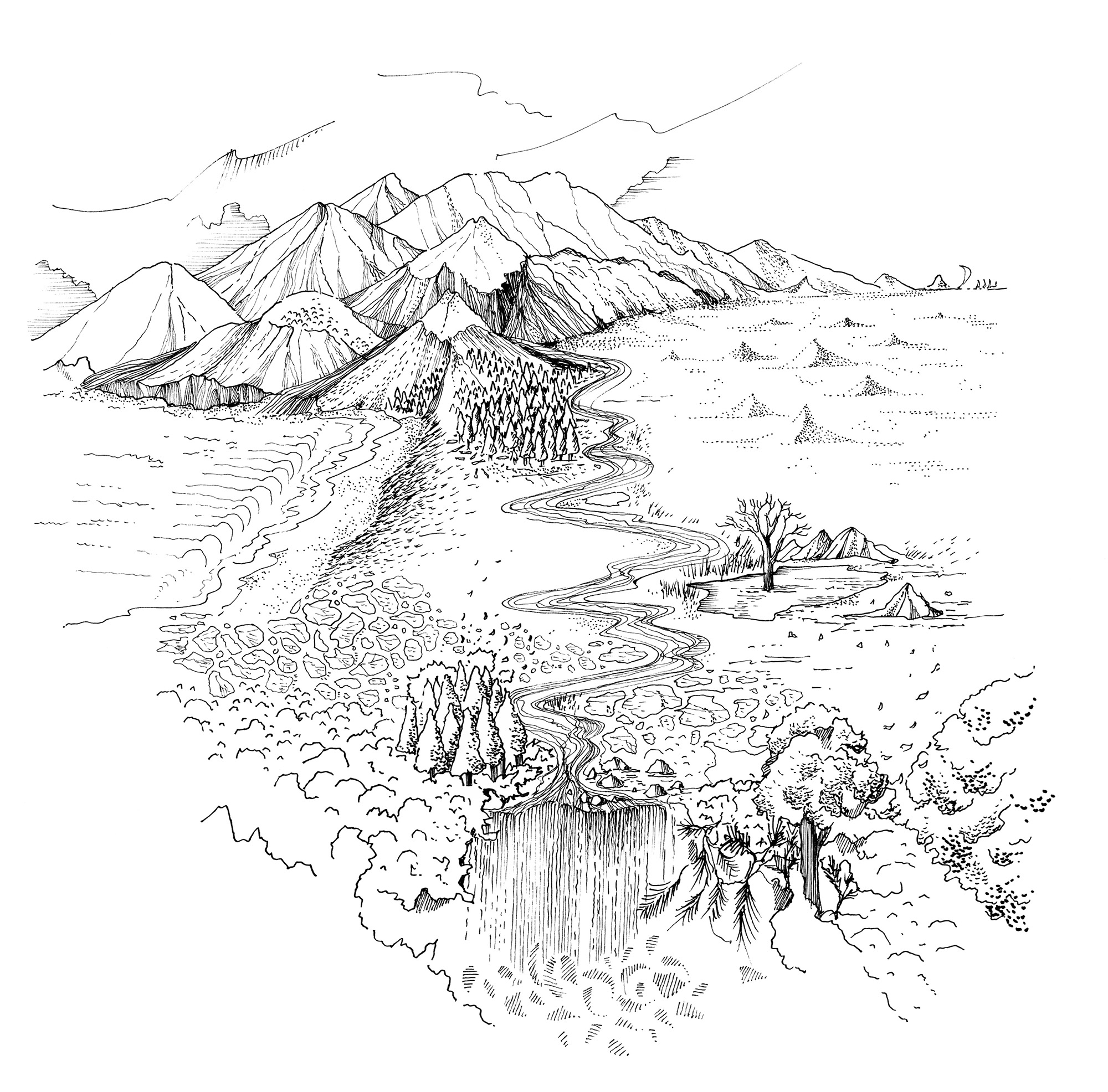@danieljneilson
In this blog post, we look at one of the most challenging areas of writing and especially travel writing, and that’s the elimination of cliché, of journalese, of the hackneyed, the superfluous and the empty. We’re even going to give you a list of words to avoid!
We look at the language editors abhor, common mistakes, the use of overly formal words (amongst, whilst), and also the use of exclamation marks. No editors like exclamation marks. None we’ve ever met.
So what is a cliché, what is journalese? We’ll start with some definitions, but always remember: never, ever, ever describe a city as one of ‘contrasts’.

A). Old expressions. These are the phrases, sayings and idioms – they all overlap – that have been carried down for, in some cases, hundreds of years. They are often old words that only work tied to another: ‘just deserts’. Also, ‘nip in the bud’, ‘nick of time’, ‘recipe for disaster’.
B). Quotations. ‘It’s Greek to me’, ‘in stitches’, ‘send packing’, ‘devil incarnate’, ‘one fell swoop’, ‘long and short of it’, ‘foregone conclusion’, ‘short shrift’, ‘too much of a good thing’, ‘hoodwinked’, ‘knitted brow’, ‘stood on ceremony’. All these clichés are quotations from William Shakespeare. They have become so ingrained in our everyday conversation that written down now makes them appear clichéd.
C). Doublets. ‘Fast and loose’, ‘rhyme and reason’, ‘fair and square’ – two-word groups that mean or suggest similar things. According to Julia Cresswell, many doublets come from legal language such as ‘aid and abet’, ‘cease and desist’, ‘null and void’. ‘Hither and thither’ manages to include both an old saying and a doublet.
A short list of clichés to avoid in travel writing:
Aficionados – ‘Craft beer aficionados will love’. (See ‘will love’ and ‘buffs’). Aladdin’s cave Best-kept secret
Boasts – ‘Amsterdam boasts some of the world’s best museums.’ No. It. Doesn’t. It’s a city. Bustling
Count ‘em’ – ‘There are 16 TV screens showing sport, count ‘em.’
Delectable Does what it says on the tin Do yourself a favour and… Hidden gem – Up there with ‘city of contrasts’ for worst offender.
Iconic
Mecca – it’s not a Mecca for anyone unless you’re writing about Mecca.
Melting pot – See ‘Off the beaten track’.
Must-see
Nestled – Getting angry now. Not complete without – ‘No journey to Tallinn is complete without.’
Off the beaten track – So clichéd you’d be hard pushed to find it (to use another cliché).
Real – ‘This is the ‘real’ Paris’. Treasure trove – Or anything with the word ‘treasure’.
Undiscovered – Who are you? Shackleton?
Unique – Of course it is. Argh. Vibrant – Zzzzzz
Empty words and hyperbole
It’s hard not to say something is beautiful when it is. The Alhambra in Granada is beautiful. Lake Titicaca is beautiful. Wadi Rum is beautiful. But we are no nearer understanding what the places look like. What makes them beautiful? Beautiful is imprecise.
Platitudes
The platitude is a statement described as worse than a cliché. Nathan Robinson described them as ‘sanctimonious clichés’. Ouch. Fortunately, they are pretty easy to avoid in first-person travel writing, but beware of ‘go with the flow’, ‘better late than never’, ‘good things come to those who wait’, ‘it is what it is’, ‘such is life’, and ‘nobody’s perfect’.
How to avoid clichés
Paul McCartney and John Lennon often wrote silly lyrics over the melody to keep the creative process moving. They’d then go back and edit and edit. It’s the same with writing an article. Once you’ve written the first draft, take a break, often a day if you have time, and then go back and reread it with an editor’s eye. Replace the word ‘beautiful’, delete the cliché, insert a better metaphor.
